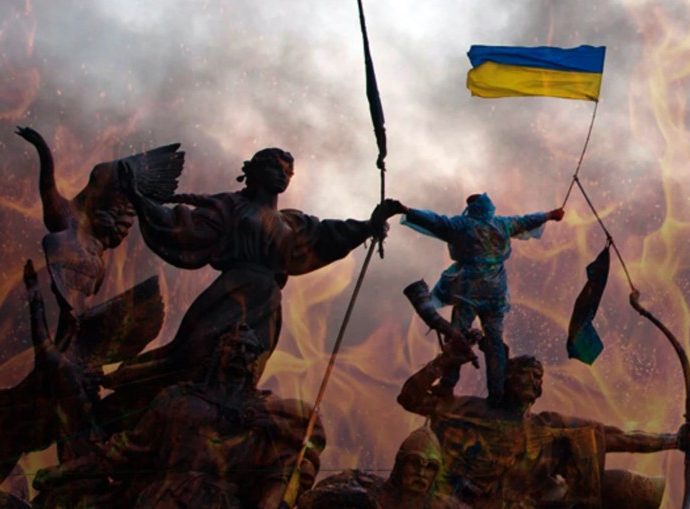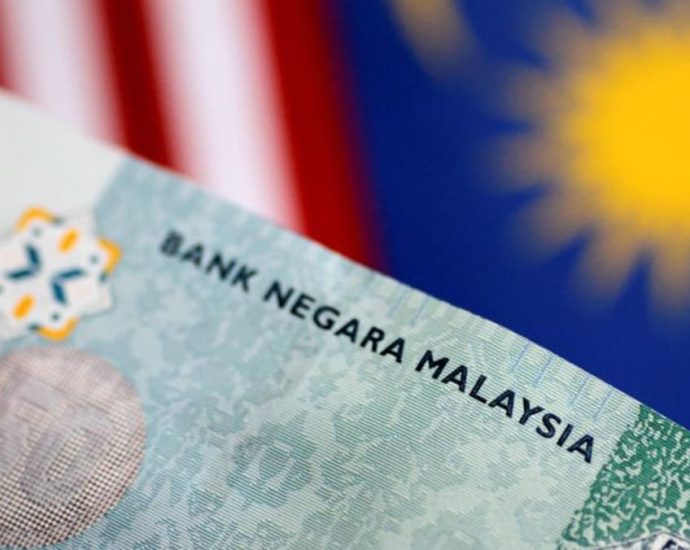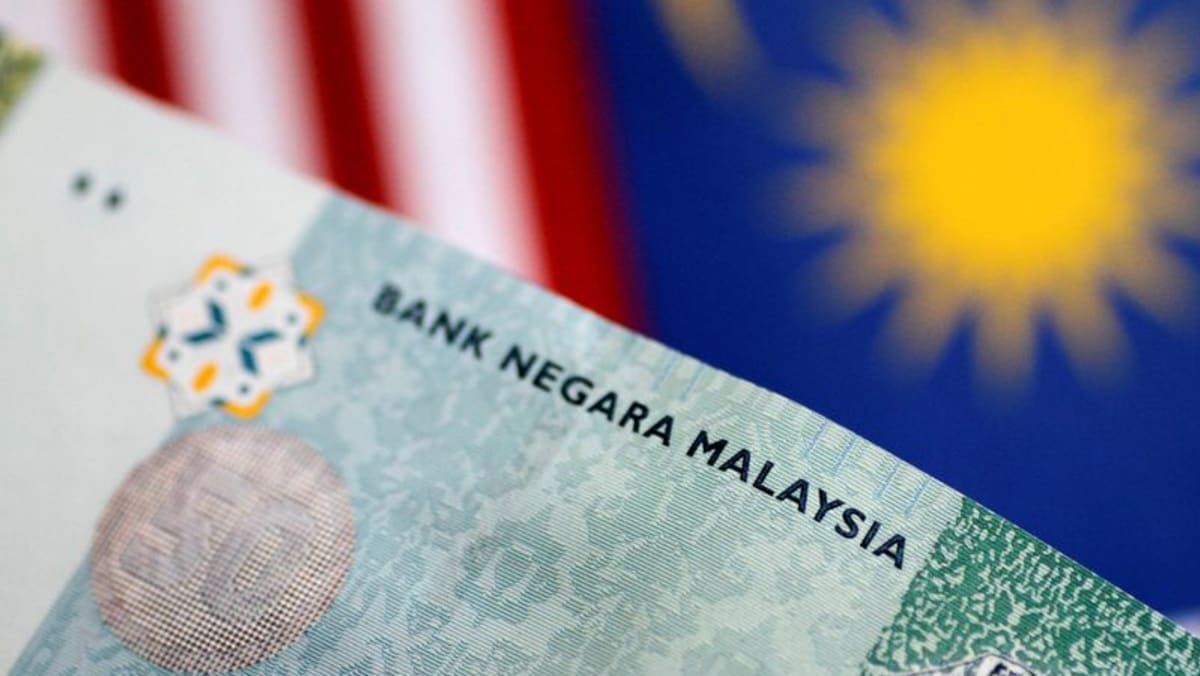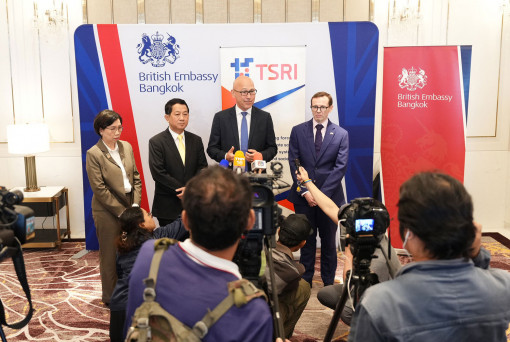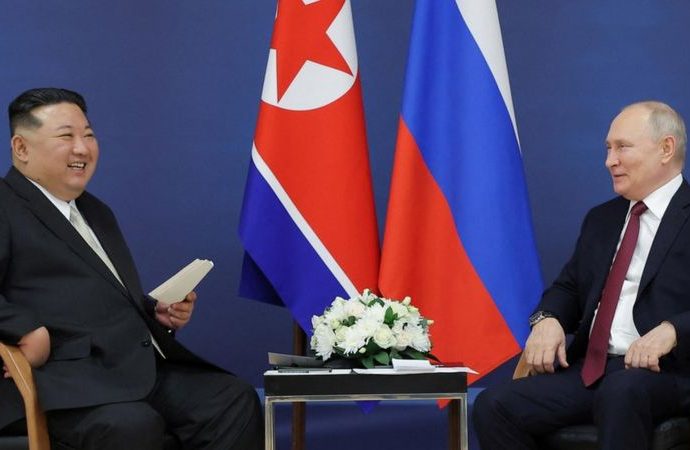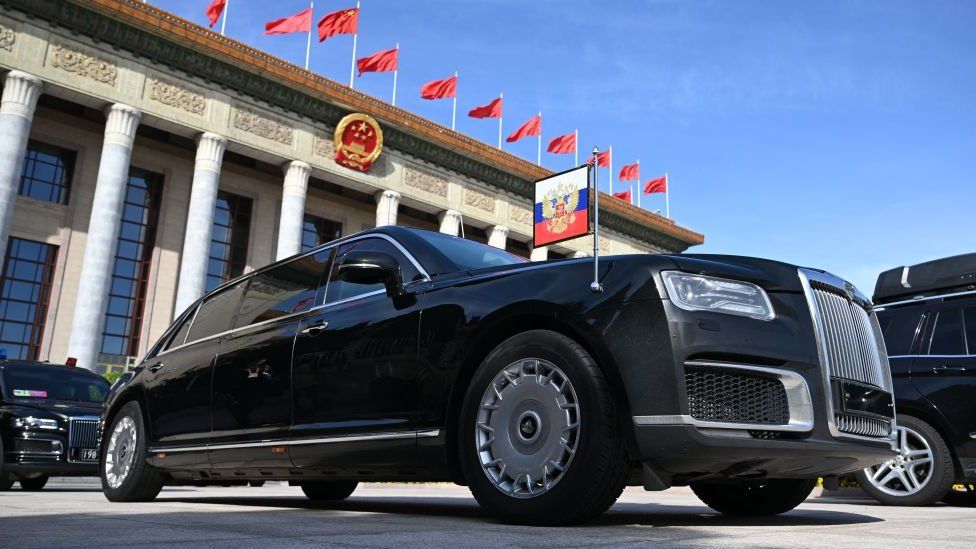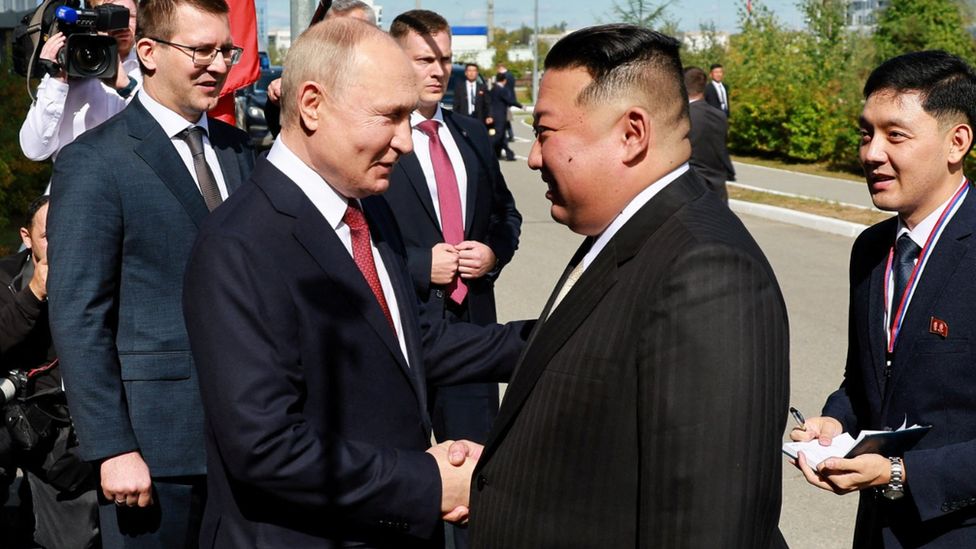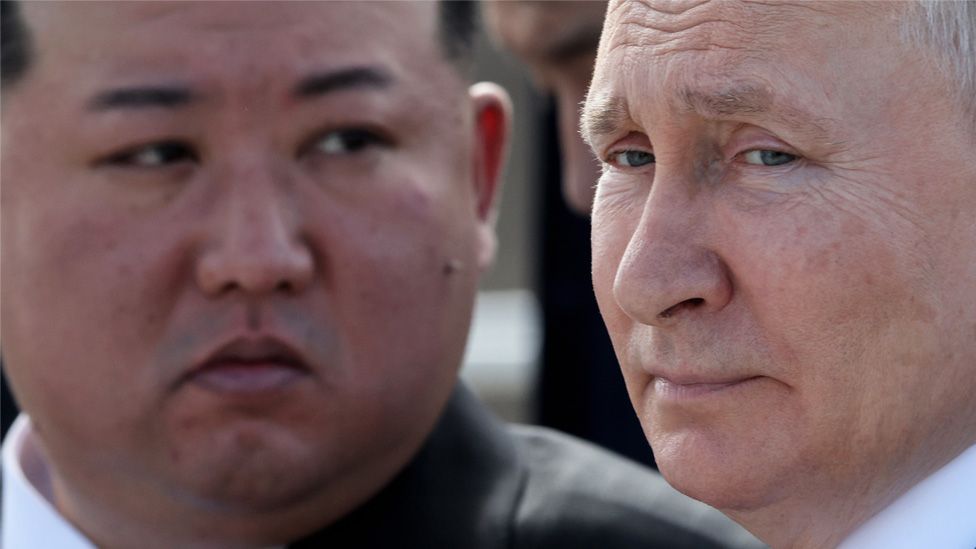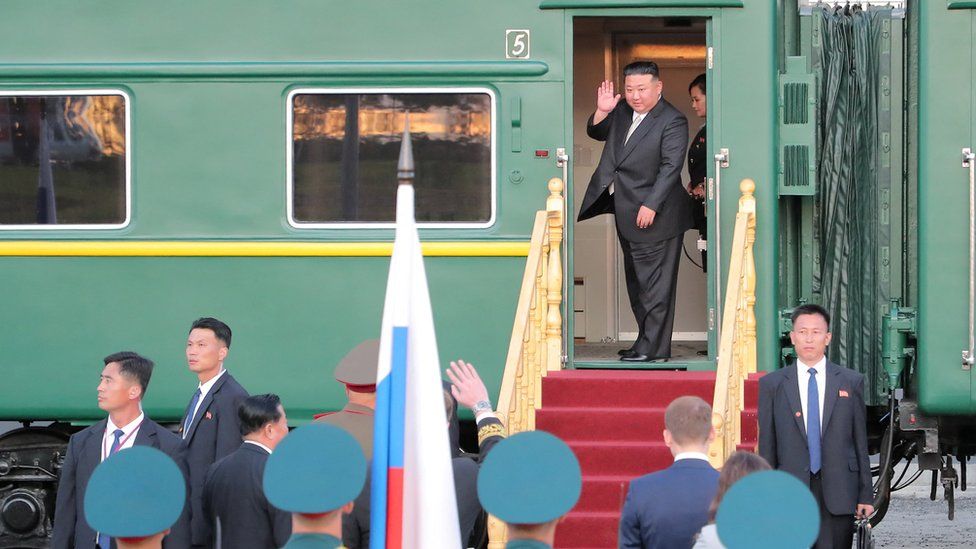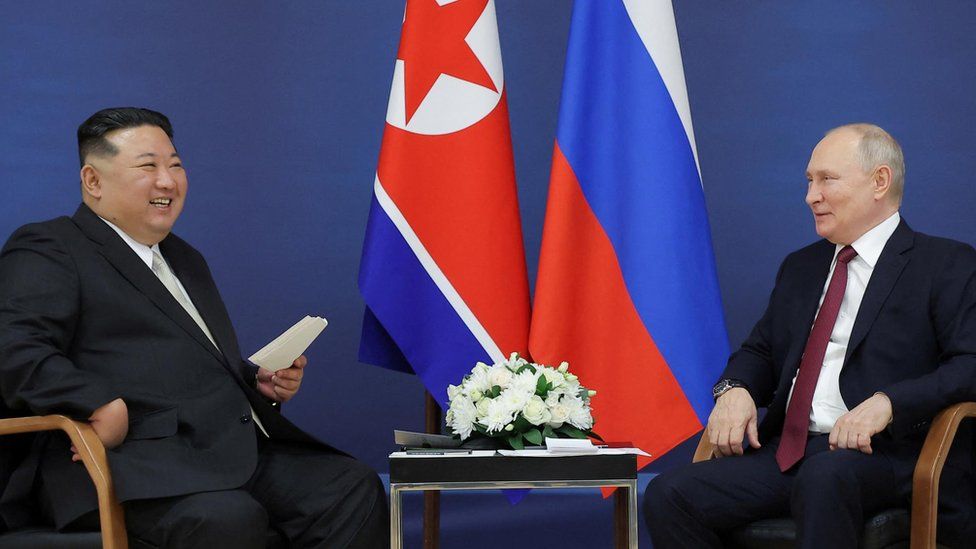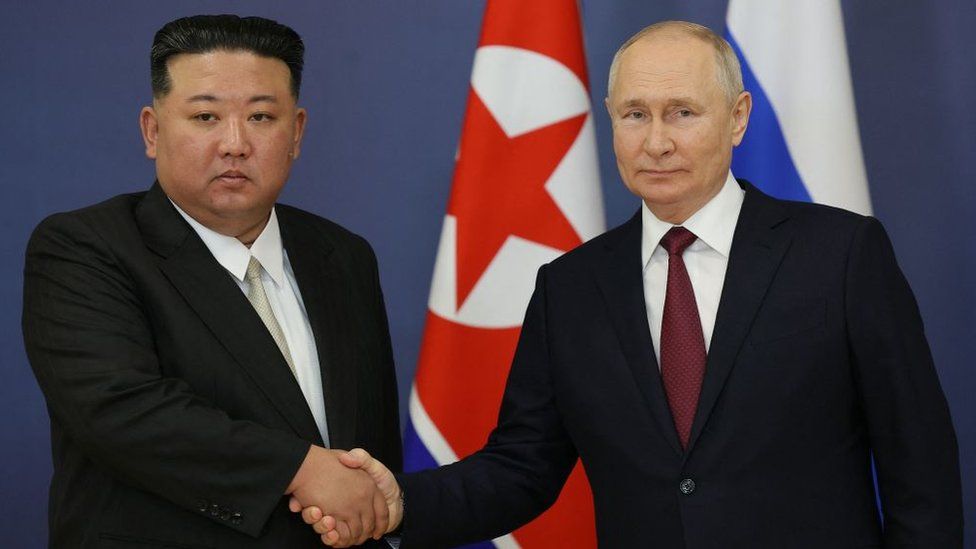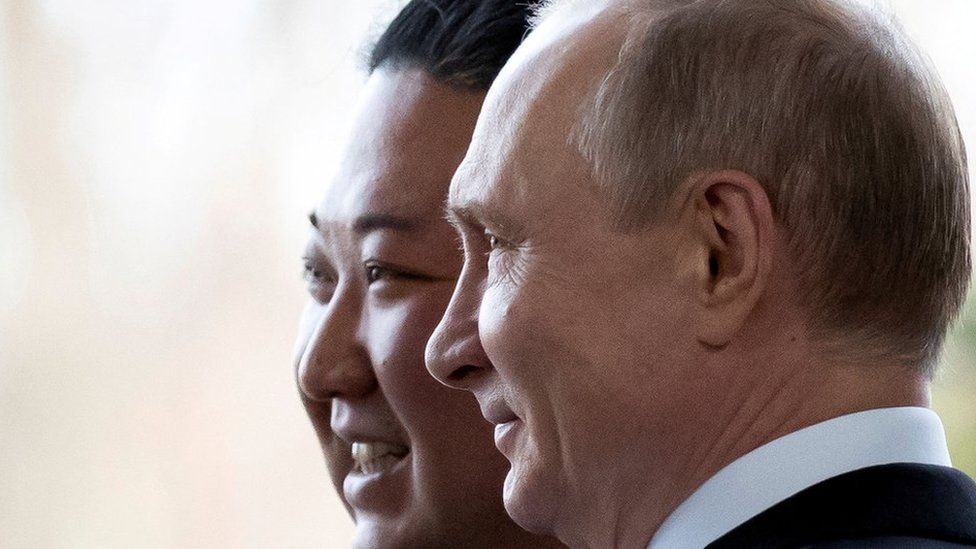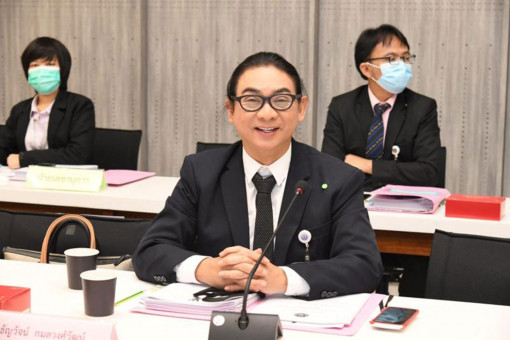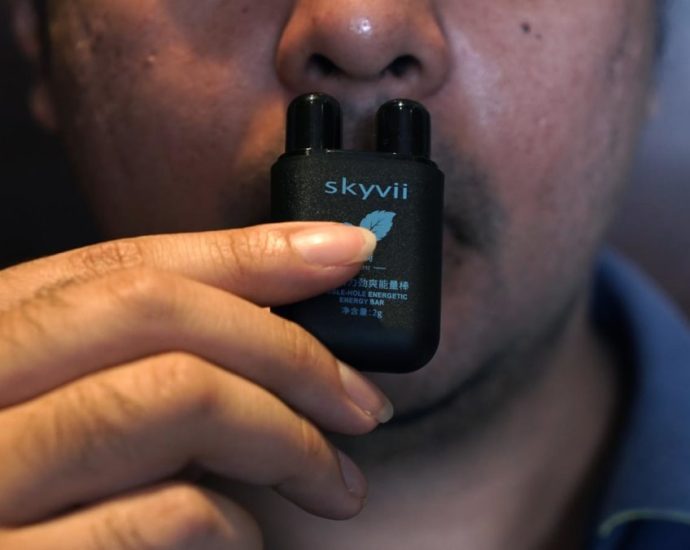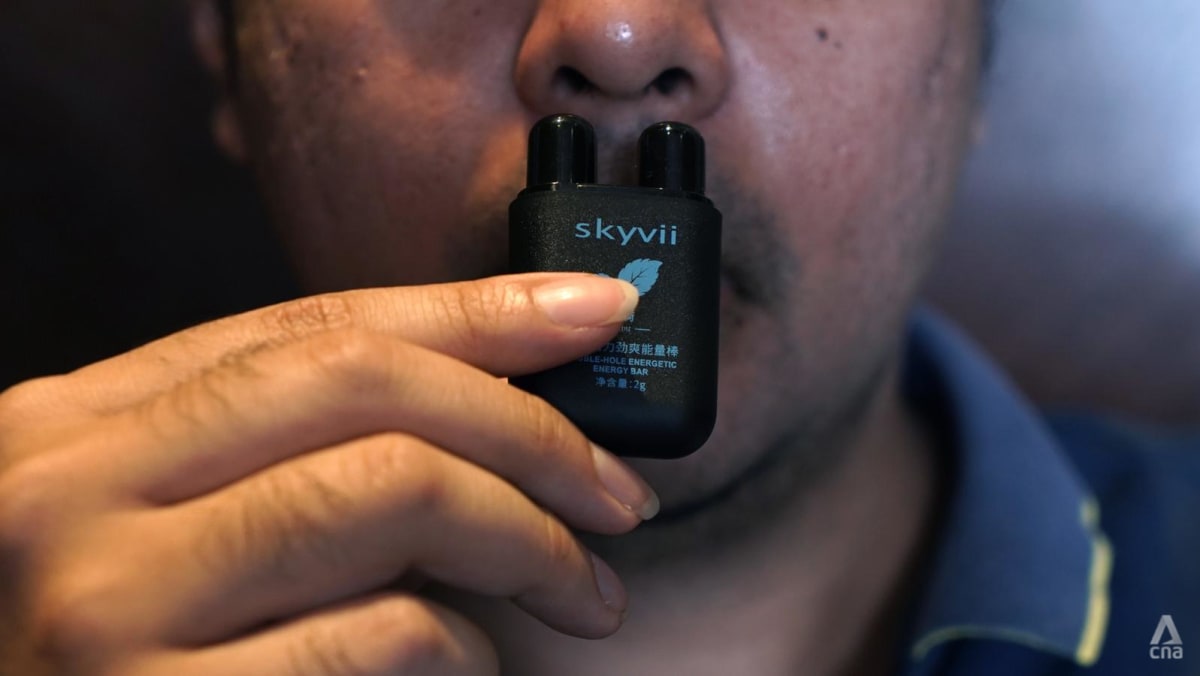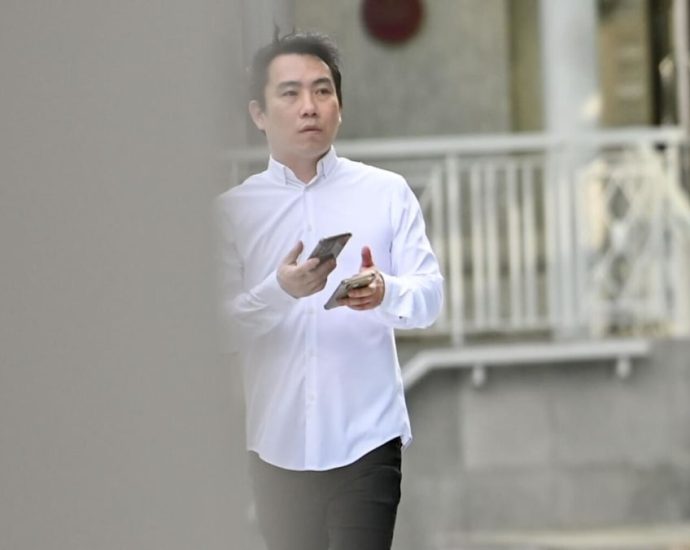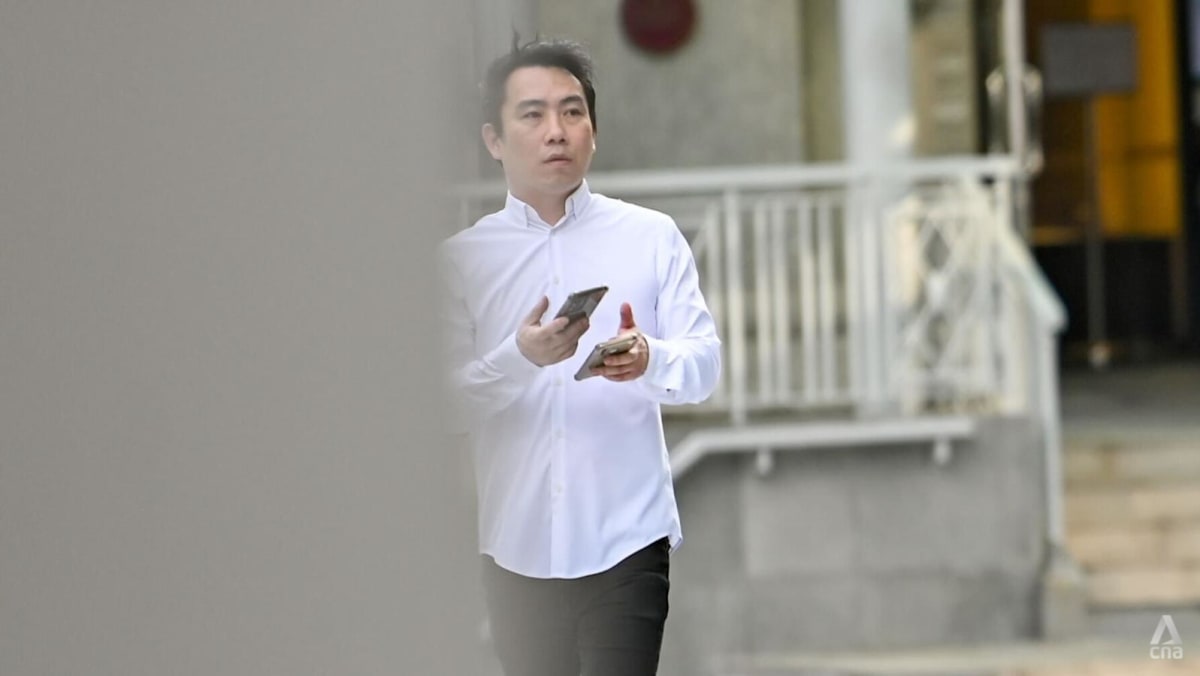Is Russia aiming to put nukes in space? – Asia Times
Fresh US intelligence circulating in Congress reportedly indicates that Russia is developing an anti-satellite weapon in space with a nuclear component.
News reports speculating about what the weapon could be abounded after Representative Mike Turner (R-Ohio), chair of the House Intelligence Committee, released a cryptic but alarming statement on February 14, 2024, regarding the information, which he framed as a “serious national security threat.” Some sources suggested a nuclear weapon. Others suspect a weapon that is nuclear-powered but not a nuclear warhead.
The White House confirmed the following day that the Russian system under development is a space-based anti-satellite weapon and that if it were deployed, it would violate the 1967 Outer Space Treaty, which bans weapons of mass destruction in space. The Kremlin responded by dismissing the reports as a “malicious fabrication.”
While the exact weapon remains unknown to the public, the events raise the specter of nuclear weapons in space at a tense time. Relations between the United States and Russia are at their lowest in decades, and Russia is currently waging a war of aggression in Ukraine.
As a scholar of nuclear strategy, I know the US reports come at a time when the nuclear world order is shifting significantly. China and others are expanding and modernizing their arsenals. Iran is close to being able to produce a nuclear weapon. Other countries may eventually want their own nuclear weapons.
At the same time, several countries are developing new weapons to attack targets in space. This list includes Russia, the US, China and India, although none currently field weapons in space.
Cold War schemes
The recent revelations about Russian space weapons raise the specter that countries may decide to deploy nuclear weapons in space at some point. Some have tried before.
The US and Soviet Union researched nuclear detonations in space during the Cold War. In the late 1960s, the Soviets tested a missile that could be placed in low Earth orbit and be capable of coming out of orbit and carrying a nuclear warhead to Earth.
Neither country placed nuclear weapons in space permanently. Both were parties to the Outer Space Treaty and the 1963 Partial Test Ban Treaty, which outlawed nuclear detonations in space. Moscow and Washington negotiated these treaties to contain the Cold War arms race.
These treaties constrained behavior in the late Cold War. However, Russian violations of nuclear arms control treaties, as well as US and Russian withdrawal from various treaties since 2002, suggest they may not in the future.
Nukes in space
But why would a country want space nukes? There are a few reasons.
Countries could point space-based nuclear weapons toward Earth. In theory, weapons from space could avoid early detection radars and missile defenses. However, there are significant disadvantages to firing nuclear weapons directly from space.

Placing weapons in space to strike targets on Earth may have defensive or offensive motivations. Weapons that evade missile defenses might ensure nuclear deterrence. This is a defensive strategy intended to prevent aggression against the state that placed them in space.
Alternatively, these weapons may help a country achieve a first-strike capability. A first strike requires the ability to destroy enough of an adversary’s nuclear weapons – or the nuclear command, control and communications systems necessary to manage them – to prevent nuclear retaliation.
Countries could point space-based weapons toward other regions of space, like the Russian weapon under development. This conjures images of nuclear weapons striking asteroids to defend Earth from a collision.
Satellite killers
The reality is less dramatic but no less worrisome. The most likely use would be to destroy an enemy’s military satellites. Damaging navigation satellites would hinder an adversary’s ability to fight a war. Both precision-strike weapons and ground-based forces rely on satellite constellations like GPS or the Russian GLONASS system to find and reach targets.
Countries may also want the ability to destroy an enemy’s space weapons, including space-based missile defenses. While no country has deployed these weapons yet, leaders may fear future capabilities and deploy space weapons first to hedge against this threat.
Most dangerously, these weapons could destroy or damage satellites critical to an enemy’s nuclear command, control and communications system, including early warning satellites that track missile launches and communication satellites that relay military orders.
The idea of attacking an enemy’s satellites has a long history.
Nuclear weapons damage satellites because of a wave of gamma radiation that is created by a nuclear detonation. This radiation damages critical subsystems within a satellite.
But such weapons produce significant drawbacks. A detonation would damage any satellites within range of the gamma radiation – including those of the attacking country, its allies and neutral countries.
However, a space-based nuclear anti-satellite weapon may have some advantages over other options for attacking countries. Ground-based anti-satellite systems can only reach targets in low Earth orbit.
Even a nuclear-powered anti-satellite weapon in space would create a novel threat without a nuclear warhead. Such a device would have a greater range than anti-satellite weapons on the ground and could perform its mission over an extended period of time. Both factors would increase the number of satellites it could damage or destroy.
Many of the satellites a country may want to take out are located at higher orbits beyond the range of ground-based systems. This is true for some of the US systems that Russia may want to target.
The Kremlin’s interest in space weapons could be an attempt to reduce America’s capability to fight a war; threaten nuclear command, control and communications systems; or hedge against space-based missile defenses. Alternatively, the Russian defense industry may drive their development for profit.
New arms race?
Whatever their initial purpose, placing nuclear weapons in space could be destabilizing.
While there is not a universally accepted definition of strategic stability, scholars frequently define it as a combination of crisis stability, based on the risk of nuclear escalation during a military crisis, and arms race stability – when countries can avoid actions and reactions that spiral into a costly and dangerous arms race.
Space-based nuclear weapons increase the risk that a country would resort to nuclear weapons during a crisis. Both weapons pointing toward Earth and those aimed at targets in space create incentives to use nuclear weapons preemptively.
The threat of either strike creates use-it-or-lose-it pressure, incentivizing a preemptive nuclear strike to limit the damage an adversary can do. In turn, a preemptive nuclear strike would likely provoke further escalation, eventually ending in a total nuclear war.
Placing nuclear weapons in space could spark a new arms race. Because one purpose of space weapons is to destroy an adversary’s space weapons, the US may respond to Russian weapons with their own.

Russia may then counter with new weapons to maintain its advantage. Others, like China, may react to American weapons, which could prompt a response from India, followed by one from Pakistan.
Escalatory pressures and the threat of an arms race exist even if the first mover places weapons in space defensively. Introducing space weapons could create what international relations scholars call a security dilemma: actions that enhance one country’s security but make another insecure.
Defensive and offensive weapons are often indistinguishable. The weapons that could enhance one country’s security by hedging against space-based missile defense could also be used offensively against nuclear command, control and communications systems.
Even if leaders in one country thought the other was acting defensively today, there is no way to know they will not act offensively tomorrow.
Spenser A. Warren is Postdoctoral Fellow in Technology and International Security, University of California, San Diego
This article is republished from The Conversation under a Creative Commons license. Read the original article.


